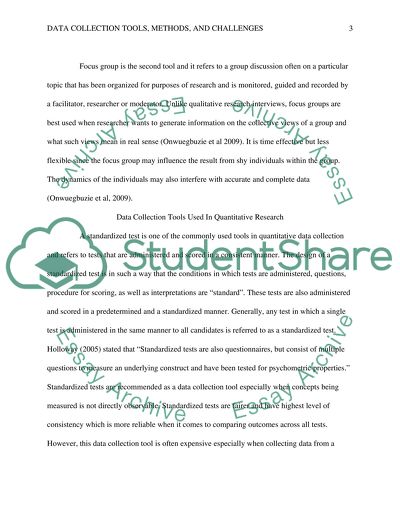Cite this document
(“Data Collection Tools, Methods, and Challenges Essay”, n.d.)
Retrieved from https://studentshare.org/law/1660228-data-collection-tools-methods-and-challenges
Retrieved from https://studentshare.org/law/1660228-data-collection-tools-methods-and-challenges
(Data Collection Tools, Methods, and Challenges Essay)
https://studentshare.org/law/1660228-data-collection-tools-methods-and-challenges.
https://studentshare.org/law/1660228-data-collection-tools-methods-and-challenges.
“Data Collection Tools, Methods, and Challenges Essay”, n.d. https://studentshare.org/law/1660228-data-collection-tools-methods-and-challenges.


